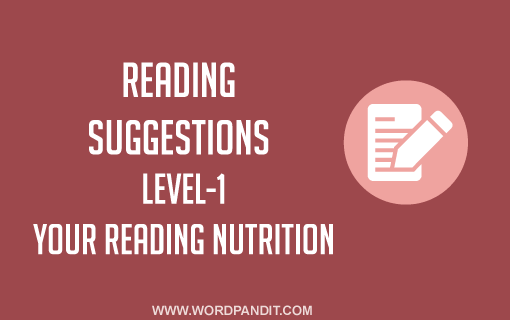Reading Suggestion-1
Article Name: Even in These Crucial Times, Financial Allocations for the Environment Remain an Afterthought
Author Name: Bharat Dogra
Source: The Wire
Category: Environment
Summary for this article:
In this article, the author makes the critical point that the allocations for various environment protection schemes have either remained stagnant or declined from previous years in Budget 2018.
The main idea presented in the article is that amid rapidly growing concerns over climate change, a significant increase in allocations for environment protection was certainly needed. However, if we look at the allocations for various environment protection schemes in the latest Union Budget, the overall conclusion is one of acute disappointment.
The article highlights this disappointment through the allocations for various departments and plans, he mentions the allocation for the Climate Change Action Plan has been the same as last year. He also mentions that the budget of the ministry of new and renewable energy has increased by just 8%. There are many more examples that have been mentioned to drive home the point that environmental protection seems to be far from a priority in the Union Budget for this year.
Words to learn from this article:
Arbitrarily: on the basis of random choice or personal whim, rather than any reason or system.
Decentralised: transfer (authority) from central to local government.
Anticipated: regard as probable; expect or predict.
Drastically: in a way that is likely to have a strong or far-reaching effect.
Reading Suggestion-1: Click to read the full article
Reading Suggestion-2
Article Name: A deepening crisis
Author Name: Krishna Kumar
Source: The Hindu
Category: Education
Summary for this article:
This article written by a former Director of the NCERT makes the important point that our national aspirations will remain unmet as long as we fail to prioritise education. The article starts by mentioning the real problem that we are spending less than 3% of our GDP on Education. The author mentions that in India education has failed to become a matter of national concern. Every year, the Union Budget indicates that it is not a high priority although it is loudly announced to be so. This year’s Budget is no different.
So, this year the finance minister talked about the importance of teacher education, he also made a special mention of the four-year integrated B.Ed. (Bachelor of Education) programme as a way forward for achieving quality in teacher training. The article mentions that despite this announcement, the question is whether the government is aware of its responsibility towards higher education.It is a legitimate question why India does not worry about its educational crisis or why it does not invest more public funds in education.
The article concludes on the note that the damage the education system has suffered over the last three decades has begun to hurt our long-term national economic interests and social goals. The government must prioritise education and the educational reforms it just talks about.
Words to learn from this article:
Sluggish: slow-moving or inactive
Rampant: flourishing or spreading unchecked.
Stifle: suffocate
Daunting: intimidating
Rejuvenation: the action or process of making someone or something look or feel better, younger, or more vital.
Bleak: not hopeful or encouraging
Apparatus: the complex structure of a particular organization or system.
Jolt: an abrupt rough or violent movement.
Reading Suggestion-2: Click to read the full article
Reading Suggestion-3
Article Name: Love and attachment: Getting it right
Author Name: Girish Deshpande
Source: Times of India
Category: Spirituality
Summary for this article:
An interesting article on spirituality that answers the questions: “Is getting attached to anyone or anything bad? What is the difference between attachment and love?
The author beautifully explains that attachment is based on desire or possession and the perception that things and people are permanent. Attachment arises from a selfish perspective of ‘i alone want to be happy’. This makes it an act based on impure consciousness. The article also explains through examples that even nature does not support attachment.
Love, on the other hand, is based on understanding that something which is born will pass away and hence there is need and reason to love. This emotion is desire-less, unconditional and non-discriminatory, that is, there is no precondition as there is in attachment.
The author concludes that attachment, therefore, is a kind of emotion that needs to be purified and be replaced with its positive counterpart, that of loving kindness.
Words to learn from this article:
Non-virtuous: Not conforming to moral and ethical principles.
Afflictive: characterised by or causing pain, distress, or grief
Spontaneous: occurring as a result of a sudden impulse
Impermanence: transient, evanescent, inconstant, passing especially quickly into and out of existence.
Virtuous: conforming to moral and ethical principles, morally upright














